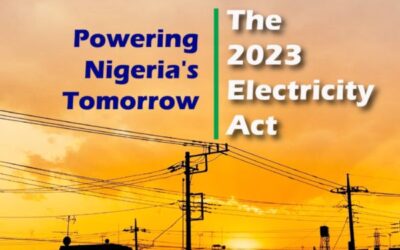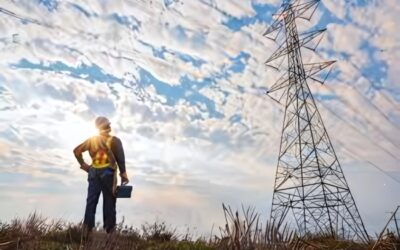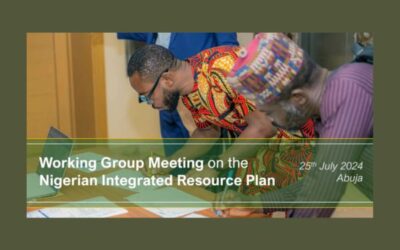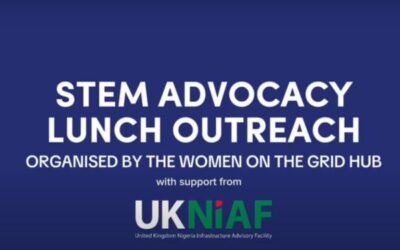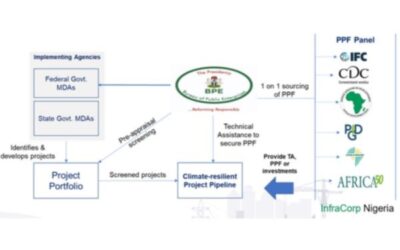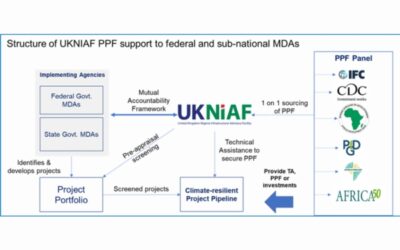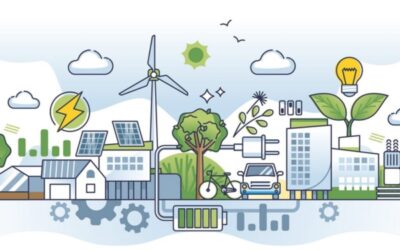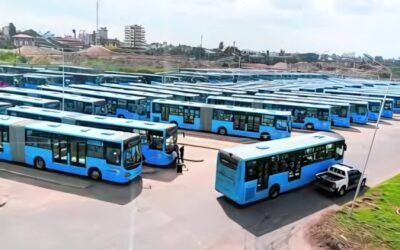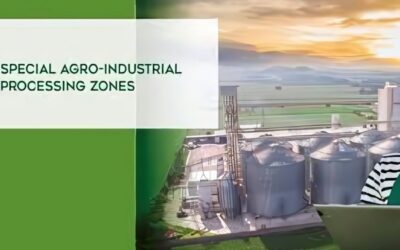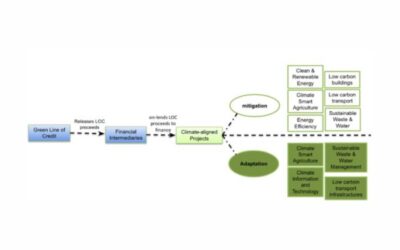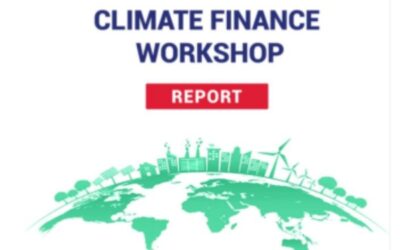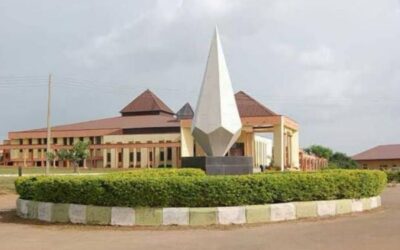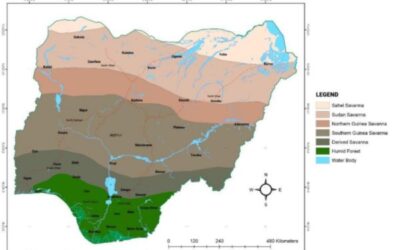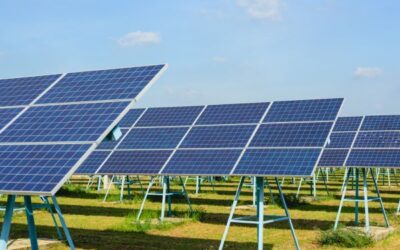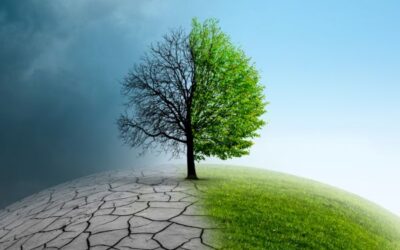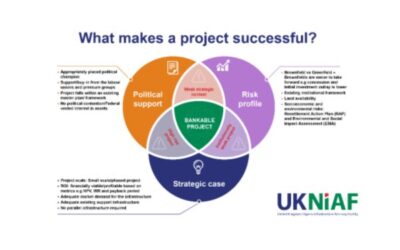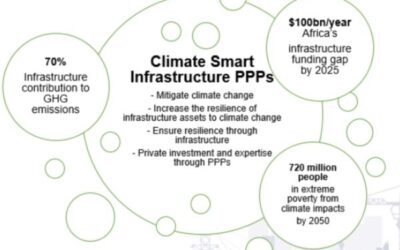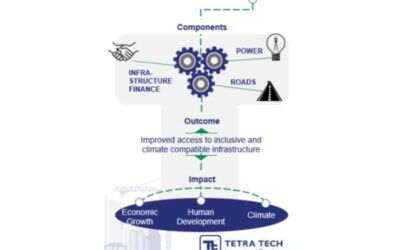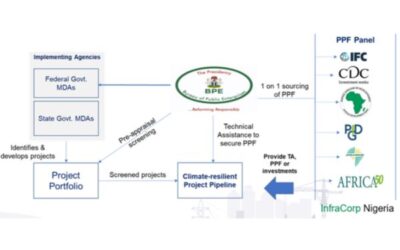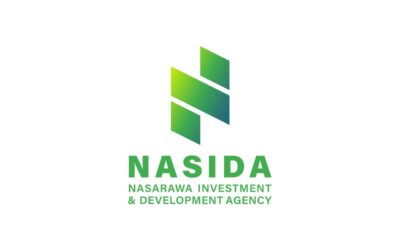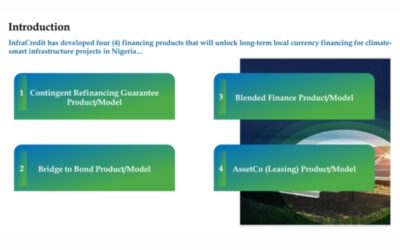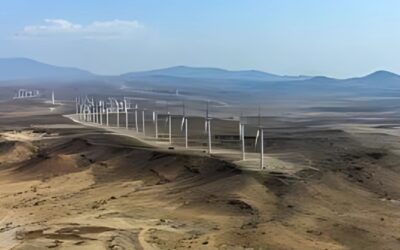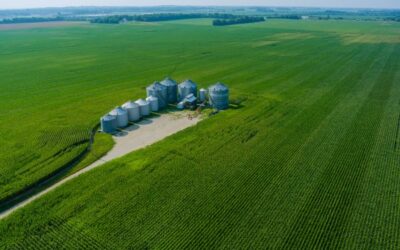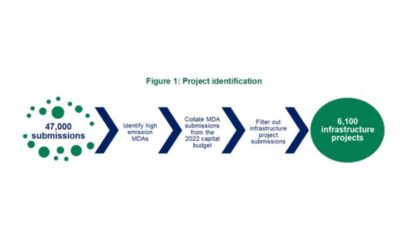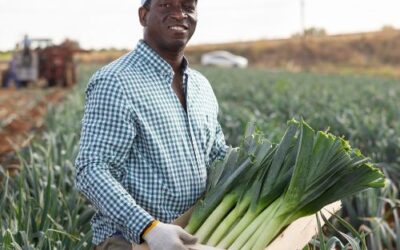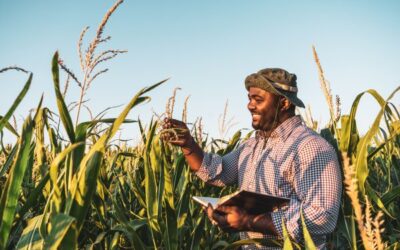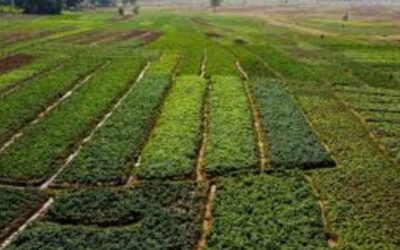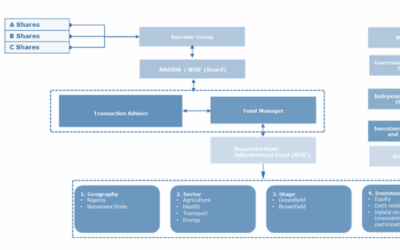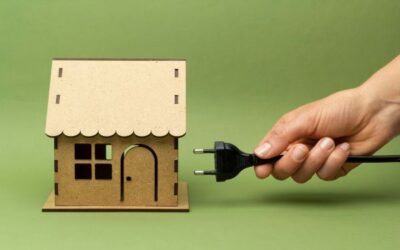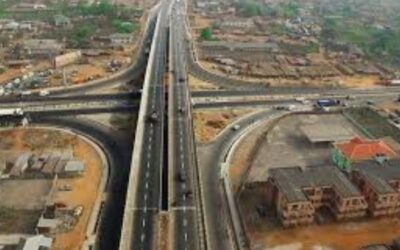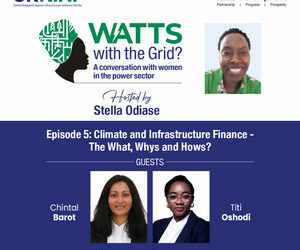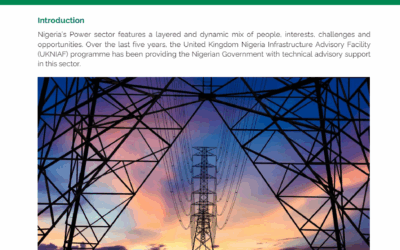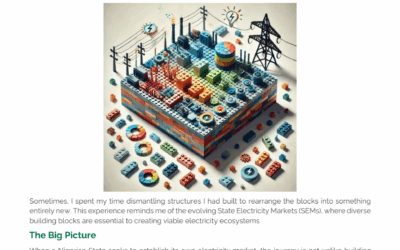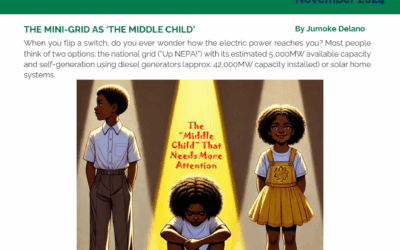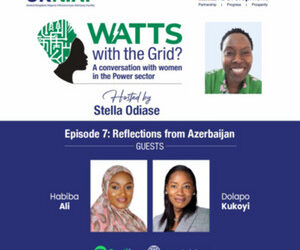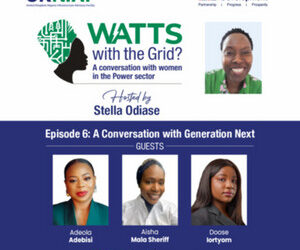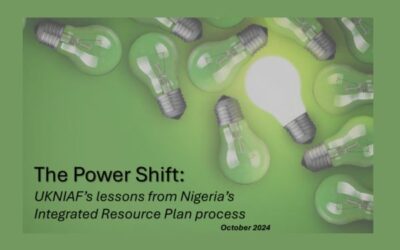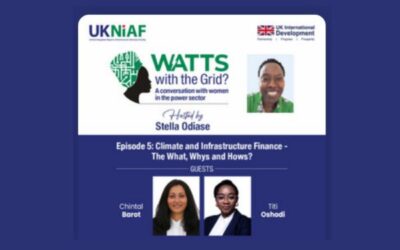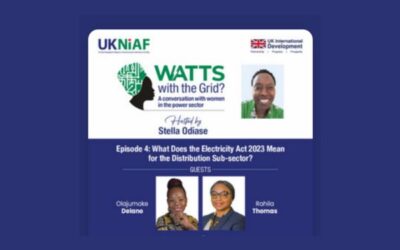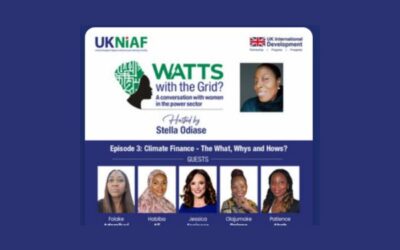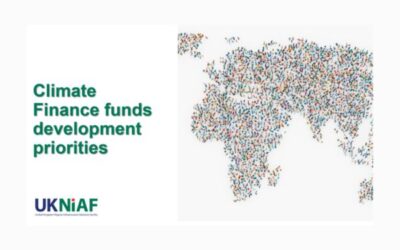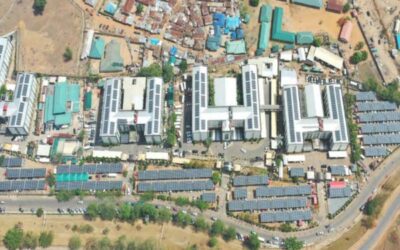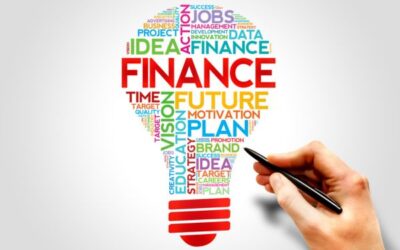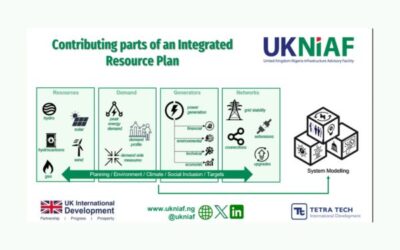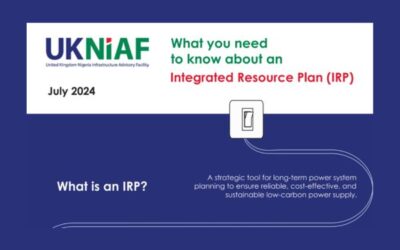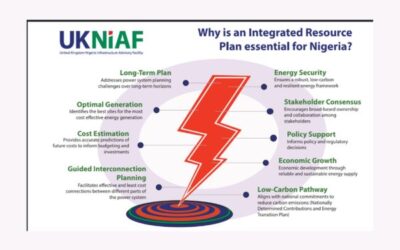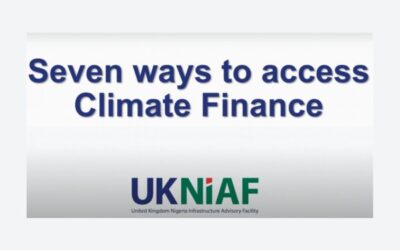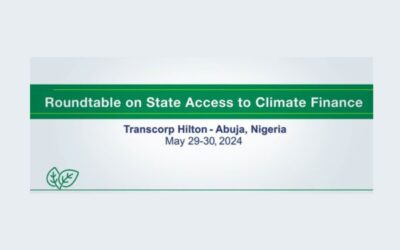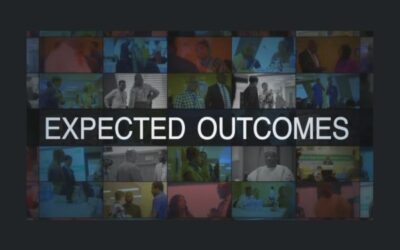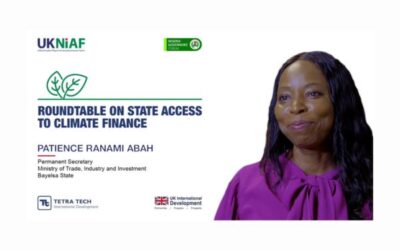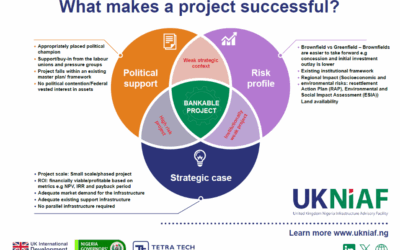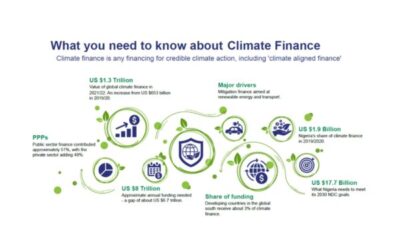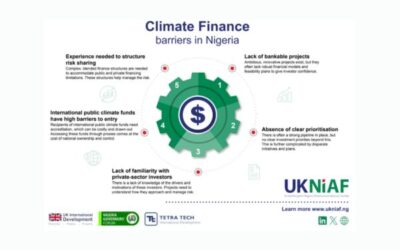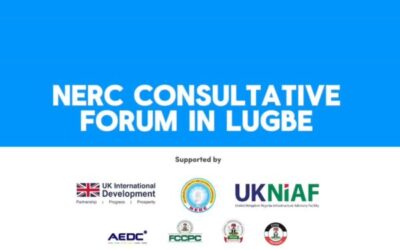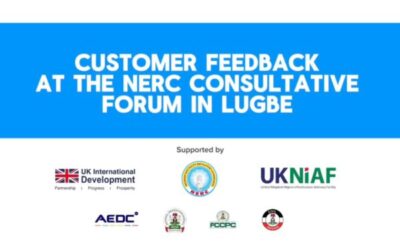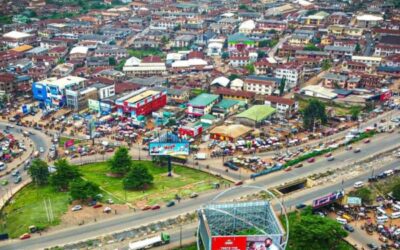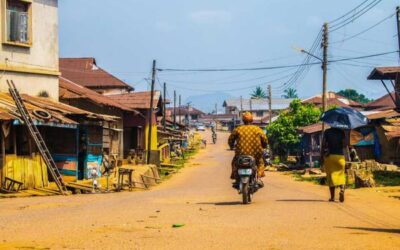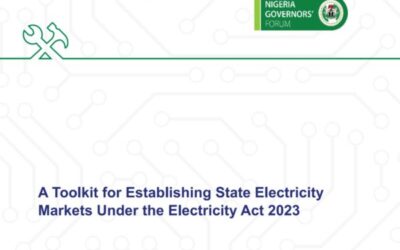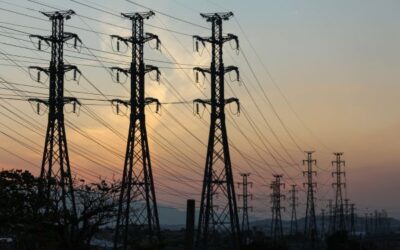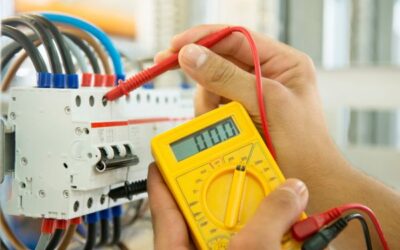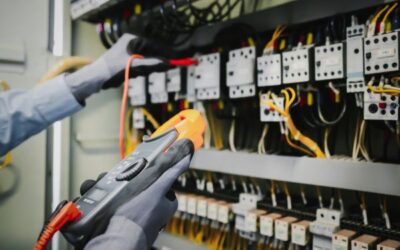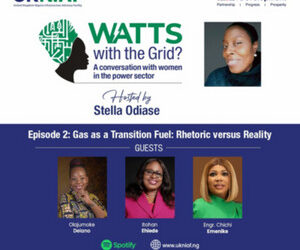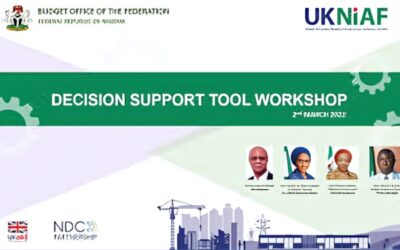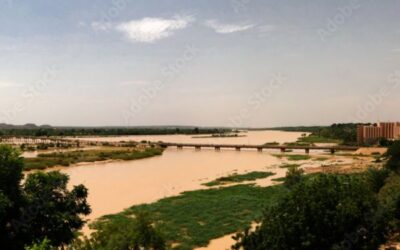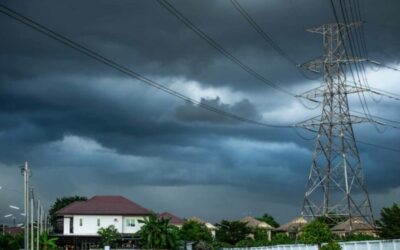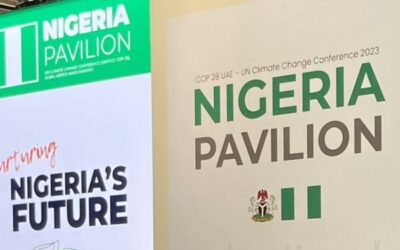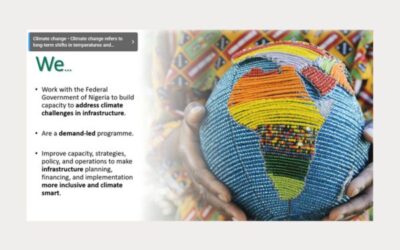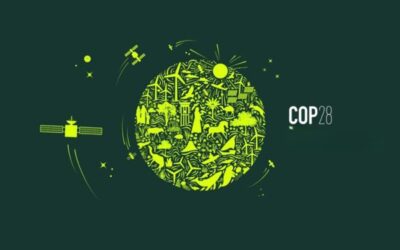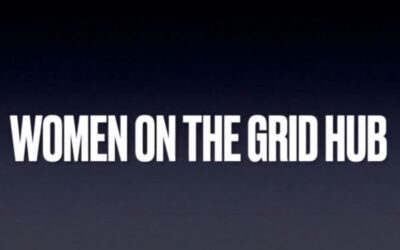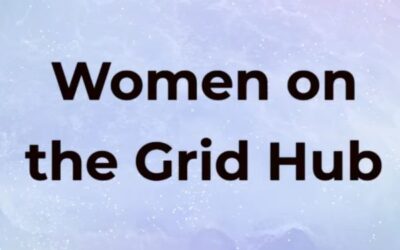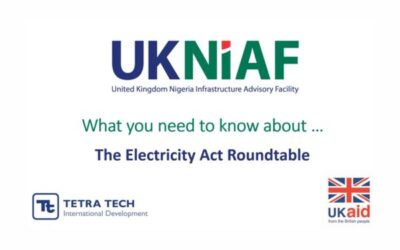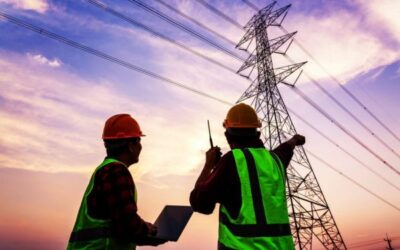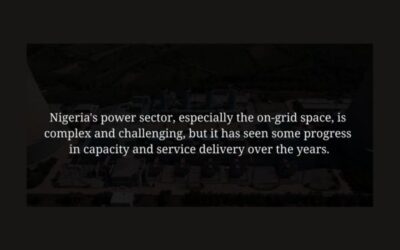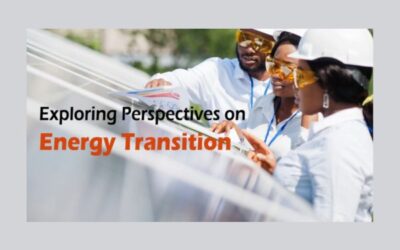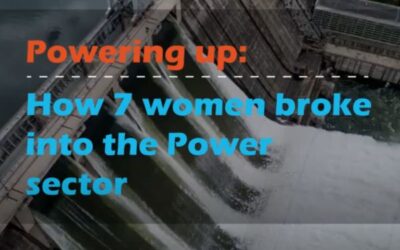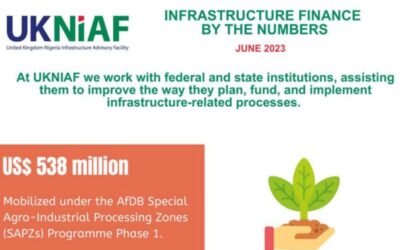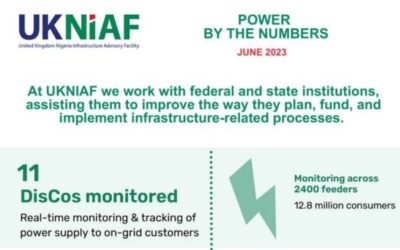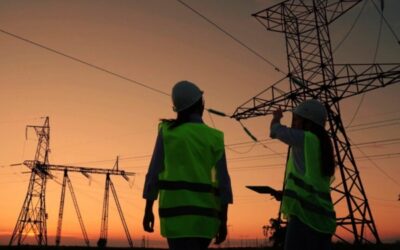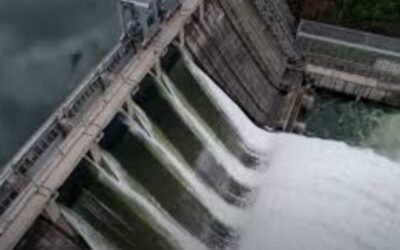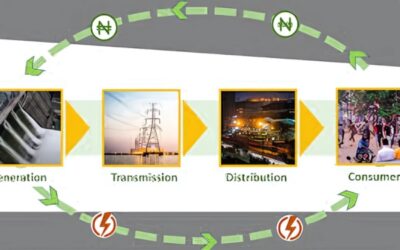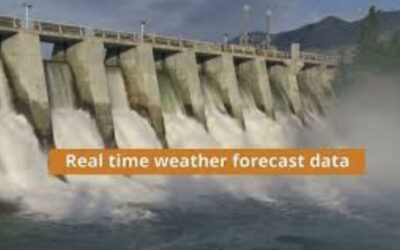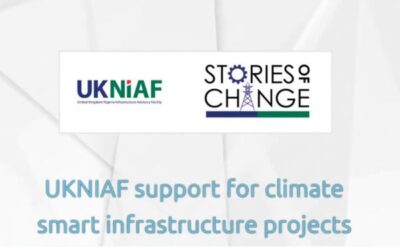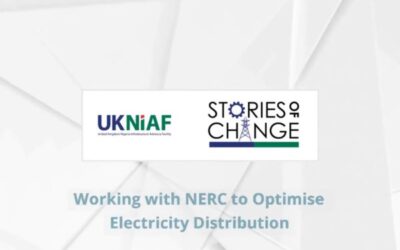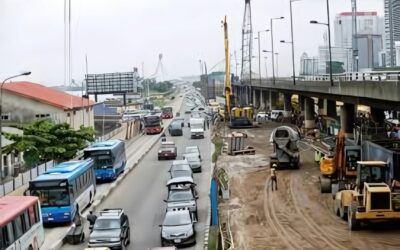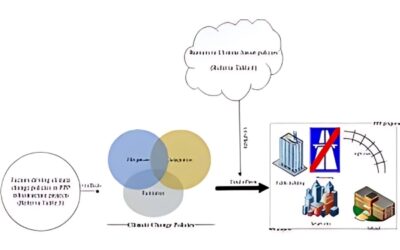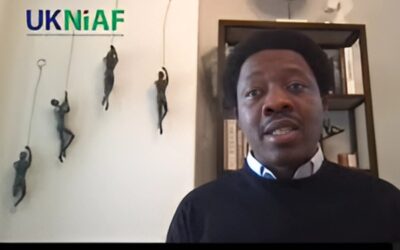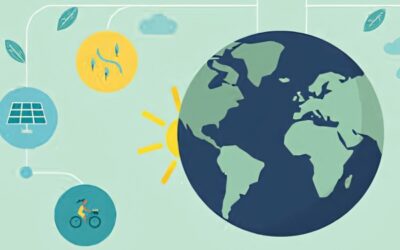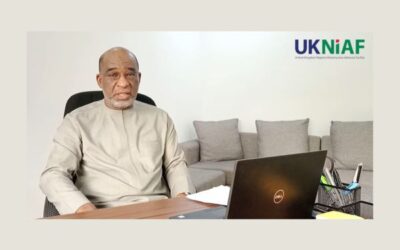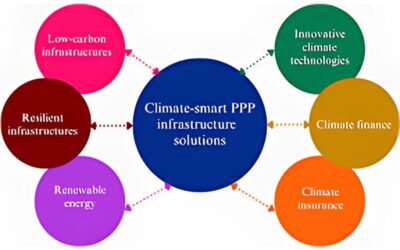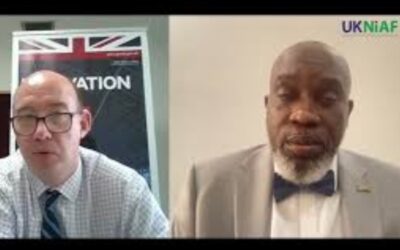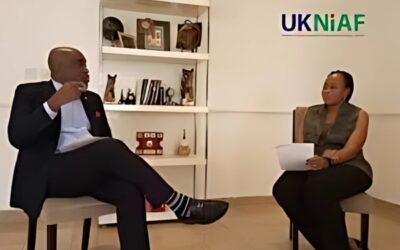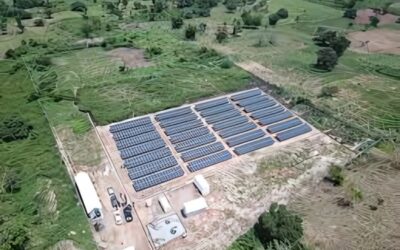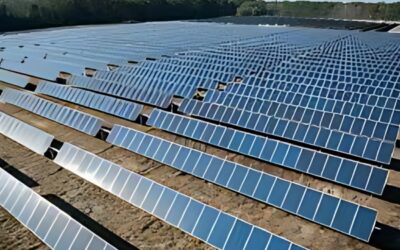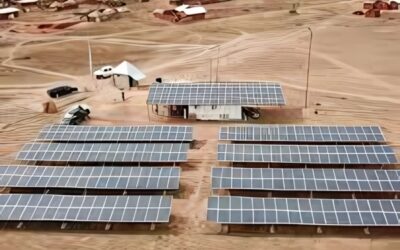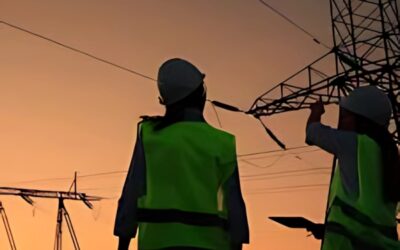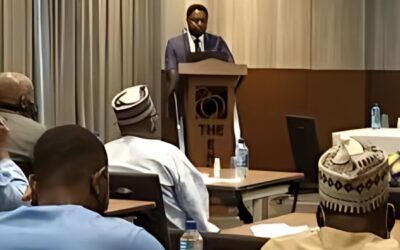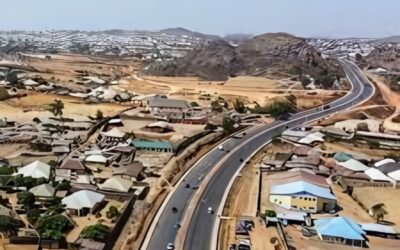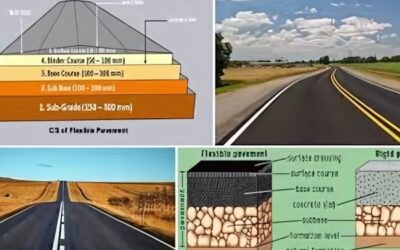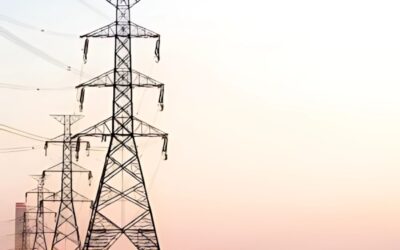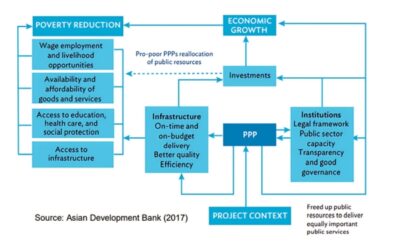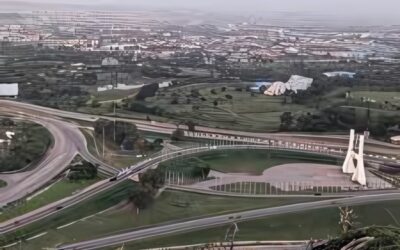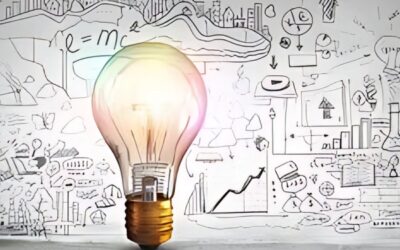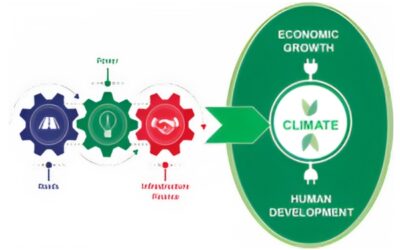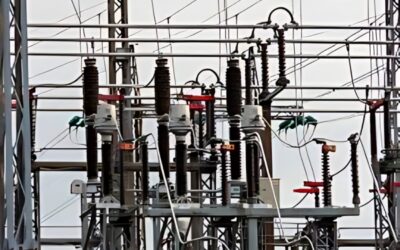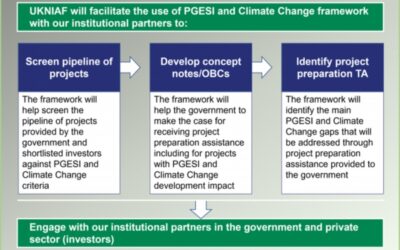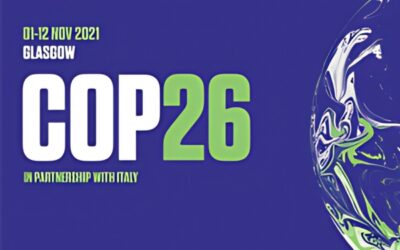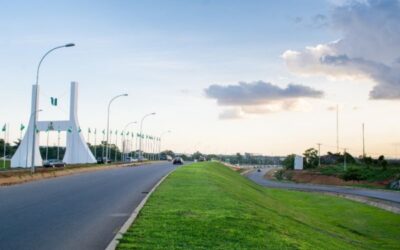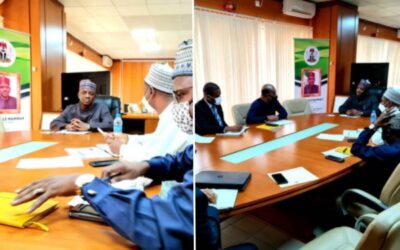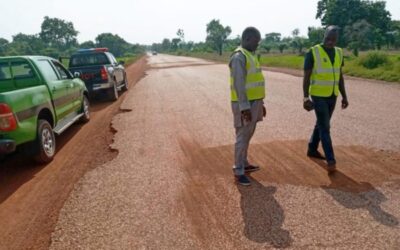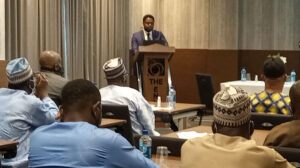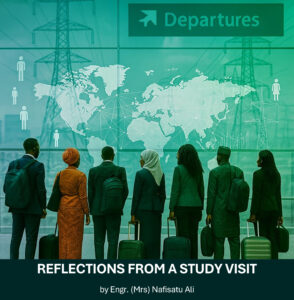UKNIAF Admin
Roundtable on the Electricity Act 2023: A glimpse into the 2 -day event
https://youtu.be/i-wffwMStT8
Powering Nigeria’s tomorrow: The 2023 Electricity Act
https://youtu.be/wljAgLdcpHw
Service Based Tariff Dashboard
https://youtu.be/nQmLhm5p2r4
A photo-summary of the IRP Working Group Meeting July 2024
https://youtu.be/gmSfr11kGZs
National Integrated Electricity Policy Report
Nigeria Integrated Resource Plan Report
STEM Advocacy Lunch Outreach
https://youtu.be/xZwo4a92i7A
2021 Project Pipeline
2022 Central Pipeline of Projects
2022 Climate Finance Database
Abuja Bus Rapid Transit (BRT) Project
Access to Climate Finance – Report of Roundtable
Advisory Note in the Implementation of Special Agro-Industrial Processing Zones (SAPZ) Programme Financing
Carbon Market Development in Nigeria
Climate Finance for Development Priorities
Climate Finance Navigator
Climate Finance Strategy for Infrastructure Development in Nigeria
Climate Finance Workshop Report
Delivering Climate-Smart and Inclusive Student Accommodation – A Case Study
Demand Analysis Report Special Agricultural Processing Zones Nigeria Programme
DST (Decision Support Tool)
Energising Economies Initiative (EEI) Phase II Project Concept Note
Energising Education Programme Investment Deck
Guidance Document for Assessing Mitigation Impacts and Adaptation Benefits of Climate Smart Projects
How to make a Project Bankable
Key Issues in Climate Finance in Nigeria
Making PPPs work in Nigeria
Making PPPs work in Nigeria – National Council on Privatisation
Matching Climate Smart Pipeline Projects to DFIs
Medium Term Expenditure Framework and Fiscal Strategy Paper
Nasarawa State Fiscal Commitments and Contingent Liabilities Framework
Nasarawa State Public-Private Partnership Manual
Overview of the Voluntary Carbon Market
Potential Financing Models for Climate Smart Infrastructure Projects
Procurement Strategy and Approach – Kaduna Green Allied Industrial Zone
Project Delivery Pathway
Project Financing Conditions and Drawdown Action Plan (Special Agro-Industrial Processing Zones)
Project Preparation Facility – Summary Note on Evidence Gathering and Analysis
Project Screening Methodology
Project Screening Tool
Special Agricultural Processing Zone Programme
Special Agricultural Processing Zone Programme Multicriteria Analysis
Special Agricultural Processing Zones (SAPZ) Programme Approach
Special Agricultural Processing Zones (SAPZ) State Selection Criteria Guidance Note
Summary Guidance Note on the Set-Up of The Project Facilitation Fund
Summary Note on Guiding MDAs to Prepare Procurement Documents for Transaction Advisors
Unlocking Climate Finance for IPPs
The need to address the infrastructure gap in Nigeria
https://youtu.be/HsYE8MpY198
“WATTS with the Grid?” Episode 5: Climate and Infrastructure Finance: The What, Whys and Hows – Part II
Fixing the Nigerian Electricity Grid – Trends, Learnings and Recommendations
As UKNIAF we learned several lessons helping to develop the National Integrated Resource Plan which will guide the future of Nigeria’s power sector.
Transitioning to State Electricity Markets
As UKNIAF we learned several lessons helping to develop the National Integrated Resource Plan which will guide the future of Nigeria’s power sector.
Bridging Nigeria’s energy access gap, one ‘middle child’ at a time
As UKNIAF we learned several lessons helping to develop the National Integrated Resource Plan which will guide the future of Nigeria’s power sector.
“WATTS with the Grid?” Episode 8: Perspectives of Women in the Private Sector
On this episode of ‘WATTS with the Grid? we hear from women in the private sector who have invested or attempted to invest in the global energy space. They address the sector’s opportunities and challenges through an investor lens and also explore Nigeria’s current Power sector landscape from that perspective.
“WATTS with the Grid?” Episode 7: Reflections from Azerbaijan
On this episode of WATTS with the Grid, we are joined by Dolapo Kukoyi (Managing Partner, Detail Solicitors) and Habiba Ali (Managing Director/CEO, Sosai Renewable Energies Company). Fresh from COP 29 in Azerbaijan, they share their perspectives on key discussions that featured at the event, such as climate finance, energy access, and the importance of positioning Nigeria to leverage global opportunities.
“WATTS with the Grid?” Episode 6: Conversation with Generation Next
In this special episode, we feature a group of young women in the Power sector. Chartered Accountant and Portfolio Manager at UKNIAF, Adeola Adebisi; Electrical Engineer and Project Manager at UKNIAF, Aisha Mala Sheriff; Energy Policy Research Analyst at Nextier, Doose Iortyom reflect on their experiences and share insights on critical issues shaping the sector, including valuable advice they would offer to their younger selves.
The Power Shift: UKNIAF’s lessons from Nigeria’s Integrated Resource Plan process
As UKNIAF we learned several lessons helping to develop the National Integrated Resource Plan which will guide the future of Nigeria’s power sector.
Economic & bottom tier prospects in Nigeria’s 2023 Electricity Act: What’s your appetite?
The 2022 Constitutional Amendment expands the power of Nigeria’s 36 States to generate, transmit and distribute on-grid electricity. Before this amendment, State governments’ powers were mostly limited to off-grid electricity supply.
“WATTS with the Grid?” Episode 5: Climate and Infrastructure Finance: The What, Whys and Hows – Part II
How can Nigeria bridge the climate finance gap to meet its ambitious targets? Our guests, Chintal Barot (Founder, Co-Sustain Consulting) and Titilayo Oshodi (Special Adviser on Climate Change and Circular Economy to the Governor of Lagos State), share insights on accessing funding, the role of gender in climate finance and why the economic argument is crucial for driving climate action.
“WATTS with the Grid?” Episode 4: What does the Electricity Act 2023 mean for the distribution sub-sector?
In this episode female executives in Nigeria’s Power sector examine Nigeria’s Electricity Act 2023 and its implications for the distribution sub-sector. With the repeal of the 2005 reform act, the new legislation grants states, private investors, and individuals the power to generate, transmit, and distribute electricity. This conversation explores what this means for the 11 distribution companies (DisCos) currently serving Nigeria’s 36 states and the Federal Capital Territory.
“WATTS with the Grid?” Episode 3: Climate Finance: The What, Whys and Hows.
Despite Nigeria investing an estimated USD 1.9 billion annually in climate-related activities, this is just 11% of the USD 17.7 billion needed to meet its emissions reduction goals by 2030. In this episode, we ask the critical questions: What’s driving these disparities? How can they be addressed? And what are the emerging opportunities, especially in light of the new Electricity Act 2023, which opens doors for renewable energy development across all 36 states?
Climate Finance funds development priorities Mp3
Climate finance isn’t just about funding green initiatives—it’s about shaping development priorities that align with sustainable growth.
Microgrids, Interconnectivity, & Grid Stability
UKNIAF worked on a project that trialled integrating a solar microgrid with Nigeria’s national grid. The aim was to develop a replicable model for future microgrid interconnections.
Shifting Gears in a time of multiple transitions
Power sector transitions and the flexible advisory approach.
What is Climate Finance? MP3
Climate Finance explained in 3 simple sentences…
How is Climate Finance delivered?
From concessional loans and green bonds to innovative tools like debt swaps and climate-linked insurance, these financial instruments are key to driving impactful climate action.
Eyo Ekpo speaks on the National Integrated Electricity Policy
Eyo Ekpo, UKNIAF’s Power Sector Team lead speaks with Arise News on the significance of the National Integrated Electricity Policy on the day of its handover on August 28, 2024.
What is Climate Finance?
Understanding Climate Finance with UKNIAF…
What you need to know about Climate Finance 1
Understanding Climate Finance with UKNIAF…
What you need to know about Climate Finance 2
Understanding Climate Finance with UKNIAF…
Climate Finance in Nigeria: An introduction
This brief is a primer on climate finance – it aims to help readers navigate the climate finance landscape and quickly focus on the aspects that are most relevant to Nigeria.
Contributing parts of an Integrated Resource Plan
What is an Integrated Resource Plan?
Why is an Integrated Resource Plan essential for Nigeria?
What you need to know about Climate Finance
Here in a nutshell is what you need to know about Climate Finance.
Climate Finance Funds development priorities
Infrastructure needs can be aligned with climate change to enhance energy security, improve agriculture and promote urbanisation.
Seven ways to access Climate Finance
Here’s 7 ways in which Climate Finance can be accessed.
Roundtable for State Access to Climate Finance- Key Learnings
Furera Isma Jumare, Director General, Jigawa State Investment Promotion Agency, shares key learnings from the ‘Roundtable for State Access to Climate Finance’.
Roundtable for State Access to Climate Finance- Expected Outcomes
Engr. Frank Edozie, Team Lead, UKNIAF, emphasizes focusing on development projects that benefit the climate. Frank advises- “Don’t do climate. Do development projects that have an impact on the climate.”
It’s a big shift in perspective. By prioritizing sustainable development, we can create projects that not only drive progress but also positively impact the environment.
Roundtable for State Access to Climate Finance- Key takeaways
Adaze Aguele Kalu, Hon. Commissioner, Finance, Budgeting and Planning, Edo State, shares key takeaways from the ‘Roundtable for State Access to Climate Finance’.
Roundtable for State Access to Climate Finance – Key takeaways
Patience Ranami Abah, Permanent Secretary, Ministry of Trade and Investment, Bayelsa state represented her state at the Roundtable. Here, she shares her key takeaways from the event.
Roundtable for State Access to Climate Finance – Key takeaways
Dapo Oduwole, DG/CEO, Office of Public Private Partnerships, Ogun State shares his key takeaways from the Roundtable.
Project Bankability Framework
What makes a project successful?
What you need to know about Climate Finance
Climate finance is any financing for credible climate action, including ‘climate aligned finance’.
Climate Finance barriers in Nigeria
What are the hurdles to Climate Finance access in Nigeria?
NERC Consultative Forum in Lugbe
The consultative forum was organized by Nigerian Electricity Regulatory Commission (NERC) and supported by UKNIAF. It is part of UKNIAF’s support to the Women on the Grid Hub (WotGH).
Customer feedback at the NERC Consultative Forum
The consultative forum was organized by The Nigerian Electricity Regulatory Commission (NERC) and supported by UKNIAF. It is part of UKNIAF’s support to the Women on the Grid Hub (WotGH).
The forum aimed to provide a platform for electricity customers to share their experiences with electricity access and discuss related problems. The goal was to resolve customer problems either on the spot or at the very least to begin the resolution processes…
Charting a sustainable future through the national electricity policy dialogue
As Nigeria stands at a pivotal juncture in its energy sector reform, the National Policy Dialogue on Electricity is more than just a series of meetings; it represents a forward-thinking approach to resolving longstanding challenges.
From Policy to Practice: Building the Future of Nigeria’s Energy Sector
The journey towards a decentralised electricity market in Nigeria is a vivid example of how legal frameworks can lead to substantial institutional and societal changes when coupled with effective policymaker coalitions.
From Policy Dialogues to Policymaker Coalitions
By Stella Odiase and Khadijat Baba-Muhammad
A toolkit for establishing State Electricity Markets under the Electricity Act 2023
This “Toolkit for Establishing State Electricity Markets.” offers valuable insights and step-by-step strategies tailored to help stakeholders navigate the complexities of the Electricity Act 2023.
Electricity tariffs: a 3-way conversation #1
In this first of a three-part series Jumoke Delano, a multi-jurisdictional lawyer, and former Head of Regulatory Relations at the Abuja Electric Distribution Company, explores the interconnected roles of different players within the power value chain, and their need for cooperation and coordination.
Electricity tariffs: a 3-way conversation #2
In this second instalment of a three-part series Dr. Dalia Sakr, a UNFCCC accredited climate change expert, compares electricity and calorie consumption, pointing out that sometimes responsible behaviour takes discipline.
Electricity tariffs: a 3-way conversation #3
In this third and final instalment of a three-part series Stella Odiase, UKNIAF’s Cross Cutting Adviser and a Doctoral candidate at the Institute of Development Studies, Sussex University, reflects on a recent electricity customer interaction, where customer requests were quite straightforward.
Electricity tariffs: A three-way conversation
Three Perspectives on Nigeria’s Electricity Tariff Review:
the Utilities, the Climate Change Expert, and the Customer
Women on the Grid Hub
UKNIAF works to inspire women managers within the Nigerian power sector through the ‘Women on the Grid Hub. Eight trail-blazing women are helping us start this journey.
“WATTS with the Grid?” Episode 2: Gas as a transition fuel: rhetoric versus reality
While electricity in Nigeria is generated through thermal and hydropower, fossil fuels are the main source of electricity generation. Nigeria plans to increase international exports and domestic consumption and at the same time meet emissions and sustainable development goals. Can these two objectives be achieved at the same time? What could be the risks?
Olajumoke Delano, Chi Chi Emenike and Itohan Ehiede discuss these questions with Stella Odiase.
Challenges to the Nigerian power grid
What factors contribute to the myriad of challenges facing the Nigerian power grid?
UKNIAF’s Decision Support Tool (DST)
We developed a DST to assist the Federal Government of Nigeria efficiently identify and prioritise key infrastructure projects.
What you need to know about A Regional Electricity Market
Regional electricity markets promote inter-state electricity trade, encouraging power security and economic growth.
“WATTS with the Grid?” Episode 1: Electricity pricing, billing and everything in between
“WATTS with the Grid?” is a conversation with women who work in the power sector.
What do these women think about the current national conversation on tariff increases? How is the Service Based Tariff faring in terms of improvement in service and revenues? How does the price of electricity impact national commitments to a low-carbon transition?
Stella Odiase leads the conversation with Dalia Sakr, Wola Joseph-Condotti, Tosin Adefeko and Olajumoke Delano.
What you need to know about Nigeria’s Energy Transition Plan
In 2021, Nigeria’s Energy Transition Plan was created with COP26 support, prompting Nigeria’s net-zero commitment by 2060.
Climate change and power infrastructure
How does the changing climate affect electricity infrastructure?
Nigeria and UKNIAF at COP28
For UKNIAF and its stakeholders, the way forward involves not just acknowledging Nigeria’s commitments at COP28 and the challenges in its path to achieving these, but actively engaging in appropriate solutions that deliver both national priorities and climate outcomes.
What you need to know about inclusion and climate change
UKNIAF’s mission is to promote infrastructure that is inclusive, climate-friendly, and supports both economic growth and human development. In ushering in COP28, we draw from our own experiences to present this brief.
UKNIAF: The Z pamphlet for COP28
Here is a brief on who we are, what we do, who we work with and how Inclusive climate change is at the heart of our work.
Investing for impact: Nigeria’s power sector transformation
The unveiling of the Electricity Act 2023 is a significant milestone in Nigeria’s journey towards a robust and sustainable power sector.
This video delves into the intricacies of the Electricity Act 2023 and its profound impact on Nigeria’s energy landscape.
Women on the Grid Hub: Challenges in the Power sector
The creation of the Women on the Grid Hub presented the perfect opportunity to capture insights from Women Leaders in Nigeria’s Power Sector.
One such critical conversation was on the challenges in the power sector.
The Women on the Grid Hub: Introduction to “the Women”
Who are some of these women leaders and what pivotal roles are they playing in the Nigerian electricity industry?
What you need to know about the Electricity Act Roundtable 2023
The Electricity Roundtable gathered sector leaders to discuss the implications of the Nigeria Electricity Act 2023. We implemented this event in collaboration with the Nigeria Governors’ Forum and UKAID. States, sector leaders, and globally renowned experts explored strategies for expediting energy access to all citizens.
The Outcomes of the Electricity Act Roundtable
The Electricity Roundtable gathered sector leaders to discuss the implications of the Nigeria Electricity Act 2023. We implemented this event in collaboration with the Nigeria Governors’ Forum and UKAID. What makes this Roundtable a landmark event in Nigeria’s energy transition journey?
Women on the Grid Hub: Documentary
The women on the grid hub is a platform which brings together women at senior policy level in the on-grid space within the power sector. The hub facilitates policy influencing, networking, mentoring, and modelling.
Women on the Grid Hub: Exploring perspectives on energy transition
The road to power resilience: Women leaders in Nigeria’s power sector share their thoughts on energy transition.
Powering up: How 7 women broke into the power sector
Breaking barriers! Power knows no gender.
The incredible journey of seven determined women lighting up the Nigerian power sector.
What you need to know about the Nigeria Governors’ Forum High-Level Roundtable
The high-level gathering, is an opportunity for states to discuss ways to improve energy access for their citizens.
UKNIAF: Infrastructure Finance by the numbers
UKNIAF’s transformative work in infrastructure finance across Nigeria mobilises funds for sustainable projects.
UKNIAF: Power by the numbers
UKNIAF is helping Nigeria transform its power infrastructure to better serve over 213 million people.
UKNIAF supports electricity sector contract enforcement
Stories of Change: UKNIAF’s support to enhance electricity agreements in the power sector.
Integrating weather forecasts into electricity generation and dispatch
Stories of Change: UKNIAF’s work on weather forecasts with NiMet to TCN
Learning from doing: reflections on UKNIAF’s Task Order process
This document is a collection of our lessons and observations across all our technical components over the last few years.
Influencing infrastructure decision making
Stories of Change: UKNIAF’s work on the Decision Support Tool (DST)
Developing an Integrated Resource Plan for Nigeria
Stories of Change: UKNIAF’s work on the Integrated Resource Plan (IRP)
Mobilizing private sector finance for climate smart infrastructure projects
Stories of Change: UKNIAF’s work on Special Agro Processing Zones (SAPZ)
Support to transform Nigeria’s power regulation
Stories of Change: UKNIAF’s work on the Service Based Tariff dashboard (SBT)
Partial activation of contracts
Stories of Change: UKNIAF’s support to enhance electricity agreements in the power sector.
Weather forecasts for TCN- Story of Change
UKNIAF worked with the Transmission Company of Nigeria (TCN) and the Nigerian Meteorological Agency (NiMet). As a result of this collaboration, TCN can now receive real time weather forecasts which enhances the generation and dispatch of hydropower.
This video explains who benefits from this new partnership and how it makes a difference.
Special Agro Processing Zones
UKNIAF worked with public and private sector stakeholders on the climate smart Special Agro Processing Zones (SAPZ) programme. What makes it a climate smart programme? Who will benefit?
Integrated Resource Plan (IRP)
UKNIAF worked with the Federal Ministry of Power and the Nigeria Electricity Regulatory Commission to scope a study to develop Nigeria’s first Integrated Resource Plan (IRP). The IRP provides a framework to determine the resource mix for the country’s long-term electricity needs.
Decision Support Tool (DST)
UKNIAF developed a Decision Support Tool (DST) to assist government agencies to prioritise bankable, climates mart, infrastructure projects that deliver social equity benefits.
Why the DST? Who will benefit? This short video explains it all.
Where is the opportunity for infrastructure development in Nigeria?
Where do the opportunities for infrastructure development lie amidst the effects of COVID-19 and the economic challenges in Nigeria? How can a programme like UKNIAF help? In this second of a 3-part interview, UKNIAF MD, Prof. Onyia, and Khadijat Baba-Muhammad, Director, MEL, UKNIAF talk about how policies that focus on inclusiveness and employment can make a difference.
How will the Climate Smart Infrastructure PPPs Training training guide the MDA’s?
Gori Olusina Daniel speaks on the expectations from the training and how it can help guide the MDAs’ thinking towards climate smart infrastructure in Nigeria.
Intro: UKNIAF’s Climate Smart Infrastructure Public-Private Partnerships Training- Obinna Ihedioha
Obinna Ihedioha, Deputy Managing Director, UKNIAF, speaks on the need for the workshop, the agencies participating and the central theme of climate smart, sustainable infrastructure.
Climate Compatible Infrastructure Part 2
The second part of the dialogue with Damilola Ogunbiyi, CEO, SEforALL. What role can UKNIAF play in addressing climate challenges in Nigeria? How important is data and evidence for access to sustainable off grid energy?
Climate Compatible Infrastructure Part 1
It was a very engaging hour with Damilola Ogunbiyi, CEO, SEforALL at the UKNIAF office. In this brief conversation with UKNIAF MD, Prof. Chidiebere Onyia, she shares valuable thoughts on UKNIAF’s role in promoting sustainable infrastructure and decarbonization in Nigeria.
Frank Edozie on GHG emissions reduction work with NCC
The on grid power generation capacity in Nigeria needs to improve as much of the power requirement is fueled by diesel generators! This also means a high rate of air pollution! UKNIAF works with the National Control Centre to improve on-grid power generation which in turn will reduce the use of diesel generators and lower greenhouse gas emissions.
Expectations from the ‘Climate Smart Infrastructure PPPs’ training
Concluding day of training- ‘We designed this training to develop knowledge, to trigger discussion and a different way of delivering infrastructure PPPs in Nigeria.’- Nyananso Gabriel Ekanem
Climate smart infrastructure solutions in Nigeria Part 4
“You can maximise the value of human capital that we see across Nigeria… keeping the right people in the right places to make sure that they can deliver” – Ben Llewellyn-Jones The discussion centres around why sustainable capacity development is key. This is the final segment in this 4 part series.
Climate smart infrastructure solutions in Nigeria Part 3
Ben points out that the practical understanding of the implication and application of climate smart infrastructure is critical. How critical are climate smart infrastructure tools in the infrastructure pipeline selection process? – Part 3 of UKNIAF’s conversation with Ben Llewellyn-Jones… The 4th and final part to be shared shortly…
Climate smart infrastructure solutions in Nigeria Part 2
There should be no disconnect between climate and energy priorities. And data is critical to align them – Ben Llewellyn-Jones, British Deputy High Commissioner in Nigeria. Part 3 to be shared shortly…
Climate smart infrastructure solutions in Nigeria Part 1
The first piece of a conversation with British Deputy High Commissioner Ben Llewellyn-Jones hosted by UKNIAF MD Prof. Chidi Onyia. The topic is, ‘Climate smart infrastructure solutions in Nigeria’. The full discussion shall follow shortly in subsequent parts.
Commercially viable mini-grids in Nigeria (Part 1 of a 2)
The Rural Electrification Agency (REA) has its hands full and its task cut out. This ‘straight from the grid’ conversation between REA MD, Ahmad Salihijo and Prof. Onyia shows why there is so much excitement and how the hard work is paying off!
In conversation: REA MD Ahmad Salihijo Ahmad and UKNIAF MD, Prof. Chidi Onyia.
Commercially Viable Mini-grids Final part (2 of 2)
The REA MD speaks of the efforts to improve private sector investment, the focus on sustainability and UKNIAF’s role in the process.
In conversation: REA MD Ahmad Salihijo Ahmad and UKNIAF MD, Prof. Chidi Onyia.
Women on the (electricity) Grid Hub
The Hub aims to encourage women’s active participation in the power sector
Power Sector Stakeholder Surveys
Assessing baseline knowledge on the development of an Integrated Resource Plan
UKNIAF, AfDB update and collaboration meeting
“There is a lot of alignment and convergence in our work in infrastructure, which is a core pillar in the Bank’s strategy in Nigeria. This meeting will be useful in helping us identify opportunities to zero in on.” – Lamin Barrow, Director General, African Development Bank Group
UKNIAF’s Roads component Learning Brief
To unpack lessons learnt from our Roads work, we present the history and politics of previous NIAF programmes, which influenced how the Roads work in UKNIAF was carried out
What have we learned from the Roads component?
Despite changes, pivots, and budget cuts UKNIAF’s Roads component consistently delivered its strategy through three work streams: Roads Asset Management System (RAMS), Reform, and Project Delivery.
Demonstration of the Service-Based Tariff Dashboard to GIZ’s Nigeria Energy Support programme
NERC is now able to monitor DisCos SBT SLA compliance at all 11kV feeders. The solution also features a range of supporting compliance and data integrity controls.
Creating a Power Sector Integrated Resource Plan in Nigeria
With the recognition that an effective IRP must be participatory and engaging of all stakeholders, the IRP will need more than one policy change champion.
Building a $7bn climate-smart pipeline of infrastructure projects in Nigeria
In keeping with the programme’s inclusive and sustainable development focus, UKNIAF adopted a climate sensitive and “people first” approach to the design of its infrastructure finance interventions
Lunch and Learn: Lessons learnt from UKNIAF pivot to a climate-smart programme
The three lessons in this blog describe how we were able to engineer this transition, keeping our core model in place, retaining our ever important partnerships, continuing to contribute towards our impact, but delivering a different set of tools and processes.
Learning note on People-First PPPs in Nigeria
Key considerations for project selection, prioritisation and development in Nigeria
COP26: UKNIAF’s contributions to positioning projects for Climate Finance
To improve the capacity of government agencies to screen, prepare bankable climate-smart infrastructure projects, and access downstream financing
COP26: UKNIAF’s contributions in the Roads Sector
Supporting Nigerian Roads Sector Ministries and Agencies in incorporating climate considerations into Federal Road Network maintenance, planning, prioritisation and surveys
Global Energy Efficiency Day
Supporting Power Sector Utilities to Plan and Deliver Electricity in Ways that Reduce Emissions and ‘Leave no one behind’
Pivoting to a Climate-Smart Infrastructure programme
With the pivot, we are now fully aligned with the International Climate Fund objectives
UKNIAF’s support to the National Mass Metering Programme
The current metering situation in Nigeria
Operationalising UKNIAF’s Poverty, Gender and Social Inclusion and Climate Change Framework
The tool will be used to engage with and build institutional capacity regarding climate smart, inclusive and sustainable infrastructure
Climate-Smart Infrastructure design and development in Nigeria
Coordination and capacity across key MDAs must be improved in the run-up to COP26 and beyond if policy objectives are to be met.
Making infrastructure finance responsive to climate and social inclusion
We created a PGESI and Climate Framework to support Federal Ministries, Departments and Agencies in assessing the pool of projects that attract private sector funding and increase the pace of implementation of cross-cutting initiatives
Adaptive learning: Nexus between Risks/PEA and Adaptation
As an adaptive programme, the programme’s risk management takes a comprehensive approach towards risk identification, prevention and mitigation
International Climate Finance (ICF)
International Climate Finance is a UK government commitment to support developing countries to respond to the challenges and opportunities of climate change
The Power Minister meets the UKNIAF Power team
To discuss partnering to transform critical power infrastructure and projects
Lunch and Learn: HighLevel Engagement for Future Programme Growth
Our Lunch and Learn series is one of several learning processes set up to encourage the programme to improve its quality of delivery as it responds and adapts to changing circumstance
Lunch and Learn: Lessons Learn on Roads Covid Response
Our Lunch and Learn series is one of several learning processes set up to encourage the programme to improve its quality of delivery as it responds and adapts to changing circumstance
Climate Smart Infrastructure Public – Private Partnerships
A 3-day training workshop


